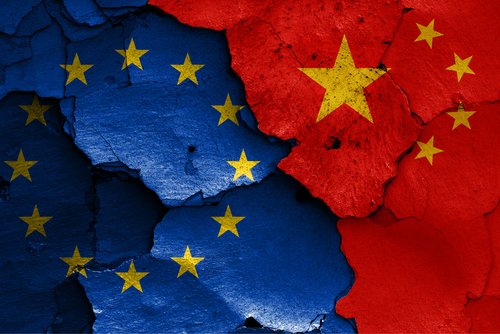Brussels (Brussels Morning) The EU has adopted a strategy to strengthen its influence in the Indo-Pacific while countering Chinese influence in the region, but insists the strategy is not anti-Beijing, Reuters reports.
What the bloc does stress is that the intention is to show China that the EU is opposed to the spread of authoritarianism.
The strategy follows the example of France, Germany and the Netherlands, all of which have decided to strengthen their ties with countries in the region including Australia, India and Japan.
According to a statement by member state foreign ministers, the bloc “considers that the EU should reinforce its strategic focus, presence and actions in the Indo-Pacific… based on the promotion of democracy, rule of law, human rights and international law”.
More in September
The ministers agreed the bloc should draw up a more detailed strategy in September, citing the importance of cooperation with “like-minded partners” on upholding basic human rights in the Indo-Pacific.
With the details yet to be agreed, the EU strategy could call for more diplomatic engagement on issues in the region, more investments and more personnel as well as boosting the bloc’s security presence. This could include joint patrols with Australia or deploying ships in the South China Sea.
The EU strategy is in line with the US approach to China and reflects concerns that Beijing is modernising its military and developing technologies in ways that could threaten the West and its Asian partners.
According to EU diplomats, countries in the region want the EU to be active in the Indo-Pacific in order to ensure open trade and to rule out any possibility that they could be forced to choose between an increasingly confrontational US and China.
“The EU will further develop partnerships and strengthen synergies with likeminded partners and relevant organisations in security and defence”, the foreign ministers’ statement notes. It adds that “this will include responding to challenges to international security, including maritime security”.




